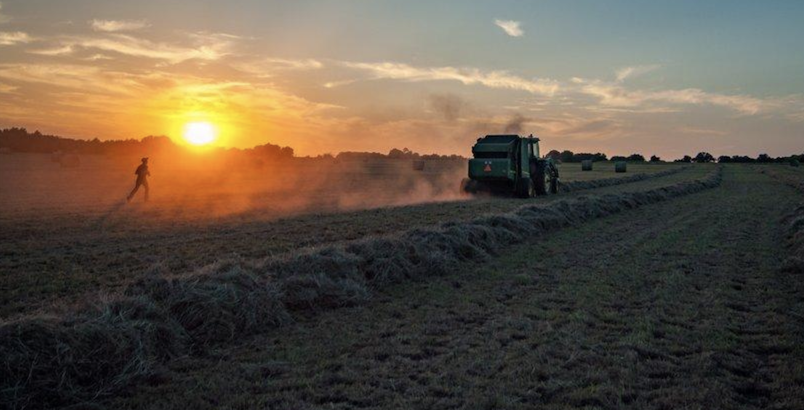The Canadian Studies Program at the University of California, Berkeley hosted an online lecture on Oct. 6 to discuss migrant farm workers’ rights in Ontario and the pandemic’s impact on labour mobilization. The event featured Dr. Vasanthi Venkatesh, professor of law at the University of Windsor.
Venkatesh explained how the COVID-19 pandemic has exacerbated systemic discrimination against migrant farm workers. She also exposed flaws in the Canadian government’s response to the pandemic, particularly its failure to maintain healthy working conditions for migrant farm workers.
“Within a few days of the farm workers arriving [from the Carribean and Mexico], the outbreaks [of COVID-19] in the farms started, [and] within a few weeks there were at least over a thousand [farm workers infected],” Venkatesh said. “A specific racialized population is getting infected with the virus in the hundreds and in the thousands.”
Even before the pandemic, Venkatesh noted that the farm workers’ living conditions were inadequate. Many workers have reported living in cramped bunks and receiving poor health care. In Montreal, only half the usual number of migrant workers have entered Canada, despite fears of COVID-19 exacerbated by unsafe working conditions.
“It was obvious […] when the pandemic hit that none of the underlying conditions of work had changed, so the conditions that I described about those bunkhouses, about the lack of mobility, [and] access to healthcare [were still prevalent],” Venkatesh said. “[The situation] was just ripe for the pandemic to spread [limitlessly within] these farms.”
The circumstances of the pandemic have also aggravated racist labour structures that were present long before the onset of the pandemic. Farm workers who tested positive for COVID-19 were still required by the Government of Ontario to work as long as they were asymptomatic.
In addition to their lack of dependable rights, migrant workers hoping to secure permanent residence in Canada are faced with barriers set by the Canadian government. The Seasonal Agricultural Worker Program (SAWP), which was established by the Canadian government in 1966, has recently been criticized for failing to enforce safety standards.
“In Canada […] there’s always a way to get permanent status after a while […] but the SAWP, is the only group that [has been] excluded from ever applying for permanent residence since 1966,” Venkatesh said. “This ensures that you always have deportable workers, and they’re also excluded from essential labour regulations.”
At the end of the talk, audience member Sarah Song, a professor at UC Berkeley, asked about how the existing legal structures governing migrant farm worker rights in Canada could change after the pandemic.
“I wondered about a public health emergency such as COVID-19 providing kind of an external shock that creates an opportunity for legal mobilisation, and I wondered how the literature […] accounts for contingencies like public health emergencies,” Song said.
In response, Venkatesh pointed out that neither legal nor social movement research literature have prepared for a public health crisis like COVID-19.
Another audience member, Christian Paiz, described mass mobilization of undocumented workers in Canada and how they compare to the mobilization of workers in the United States.
“I was profoundly taken aback by how much mobilization has taken place in Canada,” Paiz said. “I’m wondering [about] the relationship between these temporary workers and undocumented labour[ers], and if that’s a factor in some of the mobilization taking place.”
In response to Paiz’s comments, Venkatesh explained that undocumented populations in Canada mostly reside in urban, rather than in rural areas.
“The biggest difference between the United States and the Canadian mobilization is the undocumented population,” Dr. Venkatesh said. “Everything [in Canada] revolves around the SAWP […] and the agreement that [Canada has] with Mexico. It’s very much a [three party] issue [unlike] how it is in the United States.”








